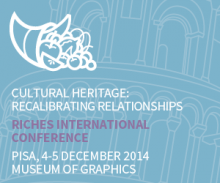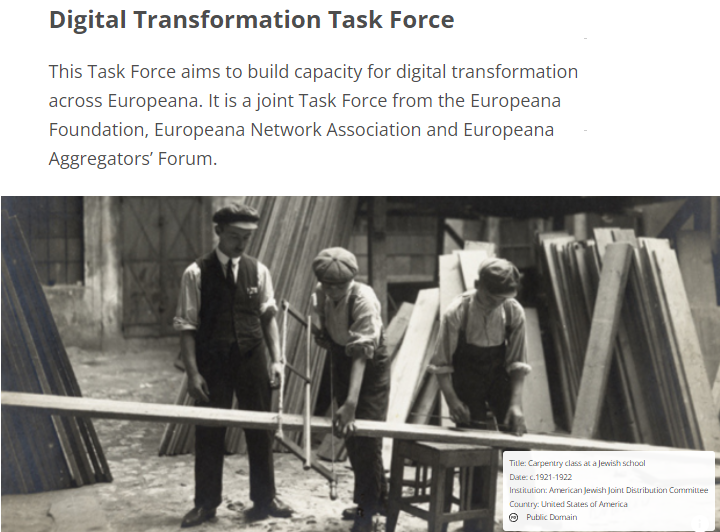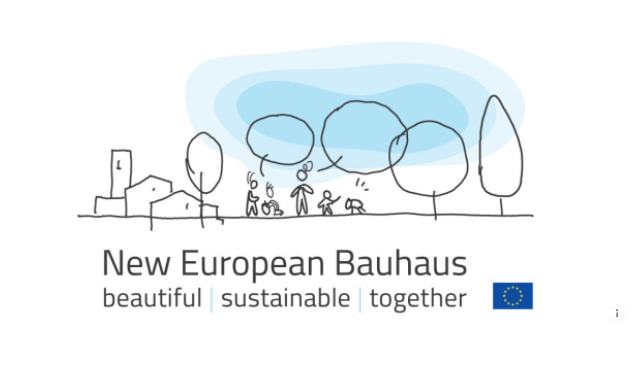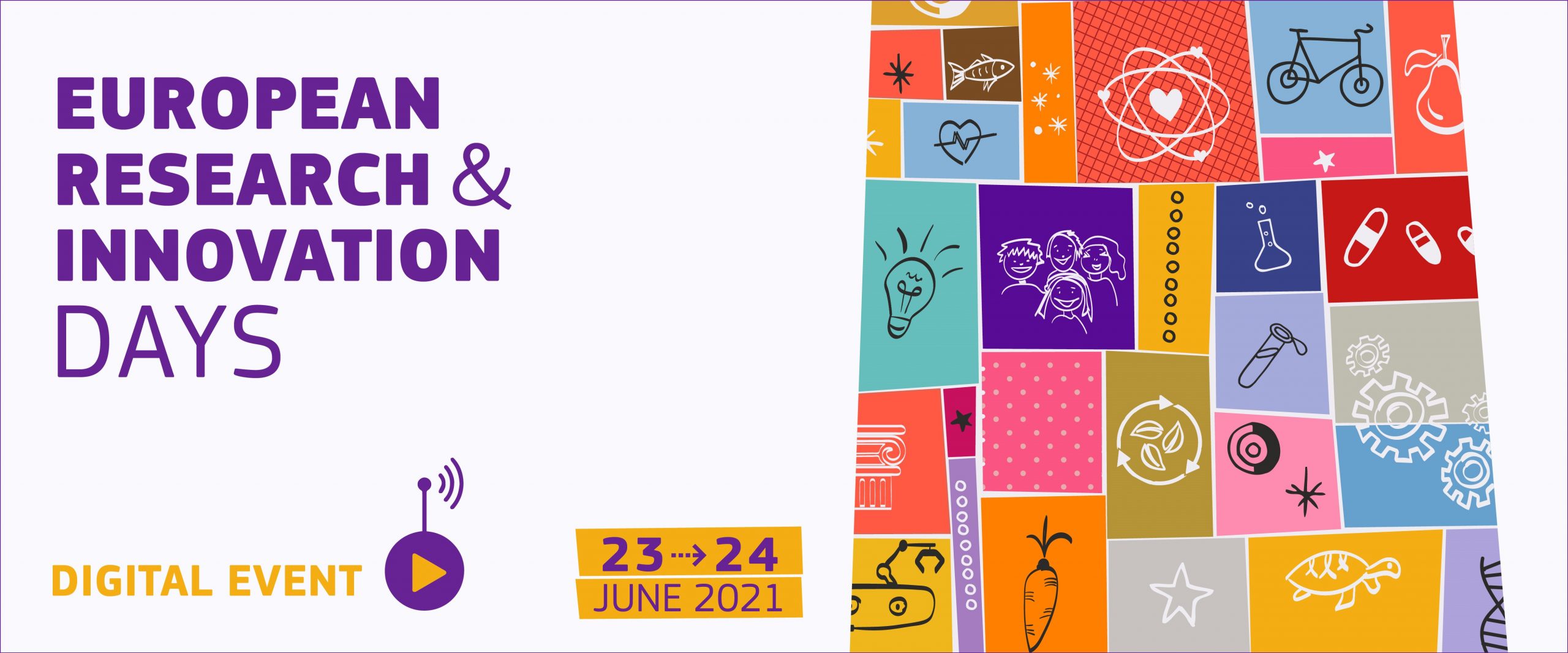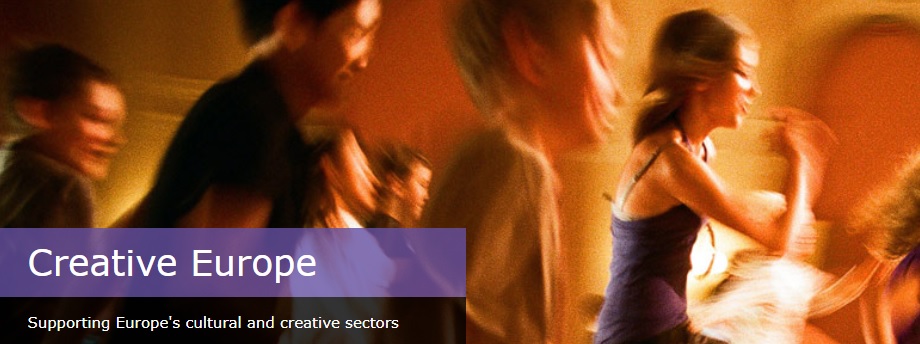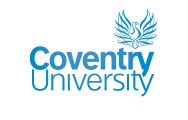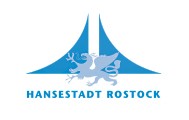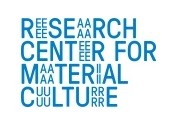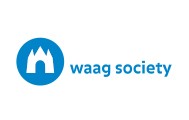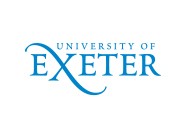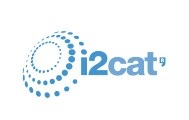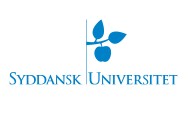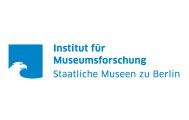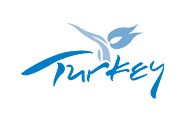
- Amalia Sabiescu Antonella Fresa Brussels co-creation Coventry University cultural heritage Digital Cultural Heritage digital technologies EC Horizon 2020 i2CAT Intangible Cultural Heritage IPR museums Neil Forbes performing arts policy briefs recalibrating relationships RICHES social and economic development social cohesion SSH taxonomy of terms and definitions user engagement Waag Society
Topic: riches
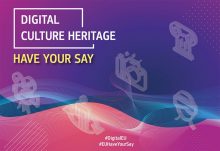
The Commission has opened a public consultation on the opportunities offered by digital technologies for the cultural heritage sector. Stakeholders and all interested people are invited to provide feedback on the Recommendation of 2011 on digitising cultural material and digital … Continue reading

In May, Europeana has launched its Business Plan 2015. This is the first year of the Europeana Strategy 2015-2020, which outlines how the company will transition into a multi-sided platform: a truly networked organisation working together to create the largest repository of trusted, accessible and re-usable digital heritage in the world. The Europeana Business Plan 2015 reflects this change in perspective. Continue reading
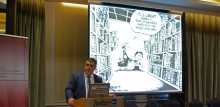
The fourth NALIS Forum (Sofia, 12 May 2015) concluded successfully, attended by many international experts from leading libraries and library networks, museums, universities and cultural organisations. Among the special guests, delegates of the Ministry of Education and the Ministry of Culture. Antonella Fresa of Promoter SRL took part in the conference as invited speaker. Lecturers (from Europe and USA) shared their experience in local and global collaboration (not only within the library community, but also within the IT community) in the framework of projects involving the digitisation of cultural heritage, creative re-use of digitised cultural contents and citizen participation. Continue reading
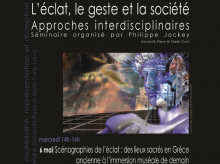
Did ancient statues living in the traditional museums lose their radiance and divine feature? New technologies, combining 3D imagery and multisensory visitor experience, enable to recreate within an innovative space the ancient splendour of the Greek plastic. Sophie Montel recognises … Continue reading
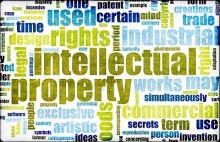
Intellectual Property Rights permeate all areas of the research carried out by the RICHES team. From the re-use of existing to the generation of new forms of cultural heritage, copyright is relevant to its use, re-use and dissemination. A framework of understanding for IPR is being developed within the RICHES project that highlights the importance of copyright to digital cultural heritage, cultural heritage that is transformed from analogue to digital and cultural working practices that embrace co-creation as the norm. You can contribute to our research by completing our survey! Continue reading
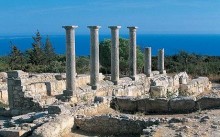
On 3 November 2014 in Limassol, Cyprus, RICHES particpated in the 5th International Euro-Mediterranean Conference (EuroMed 2014), held on 3-8 November. RICHES Coordinator Neil Forbes of Coventry University (UK) presented the project, its objectives and its first outcomes within a workshop, entitled “The Digitisation Age: Mass Culture is Quality Culture. Challenges for Cultural Heritage and Society”. The workshop was organised by RICHES Communication Manager Promoter Srl. Continue reading

This symposium, organised by CODIGT and held in Karlsruhe on 14 November 2014 at the ZAK Centre, was devoted to the goal of raising societal awareness about the benefits of archives and archiving in the digital domain. Politicians, the public and society at large should be made aware that archiving will remain a general task in which each person can play a role. Against the backdrop of primarily economic debates, the already conspicuous consequences of the lack of digital archiving of the cultural heritage are often ignored. Continue reading

There are other advantages in having only ebooks. The archive consists of about 135,000 ebooks, and funds are available for acquiring, on demand, new e-texts that are not present yet in the library; in a physical library with shelves and pyles of volumes, to have such a richness and amount of books would not be possible – and next to that, search and retrieval of information would be certainly more difficult than within the digital library. Continue reading




